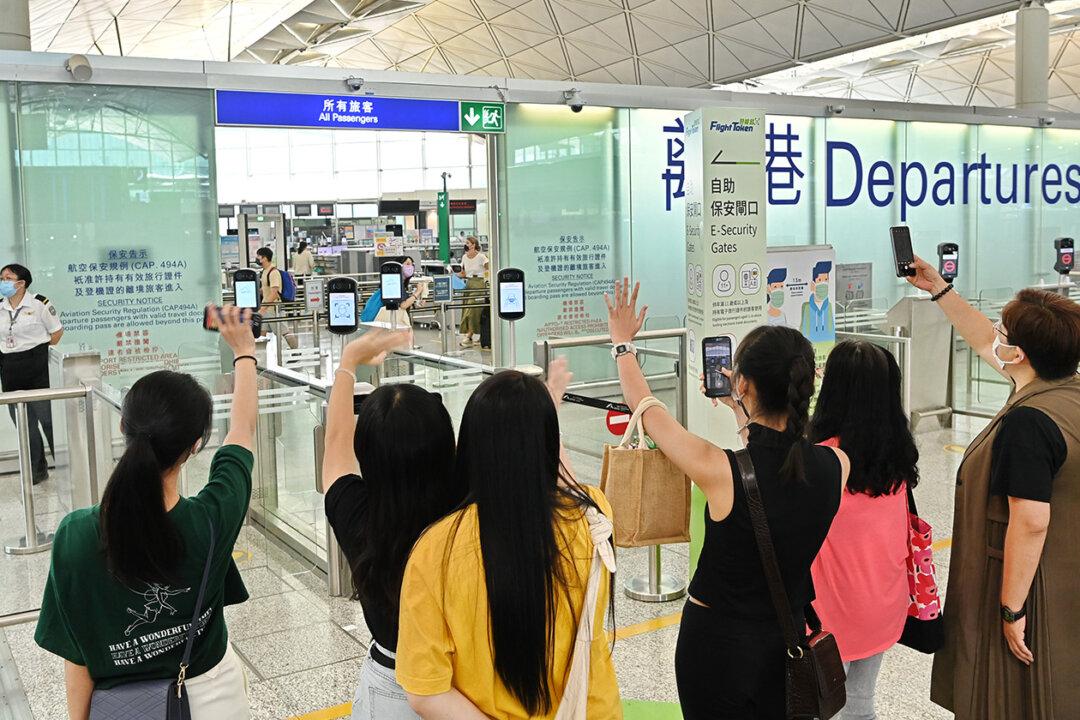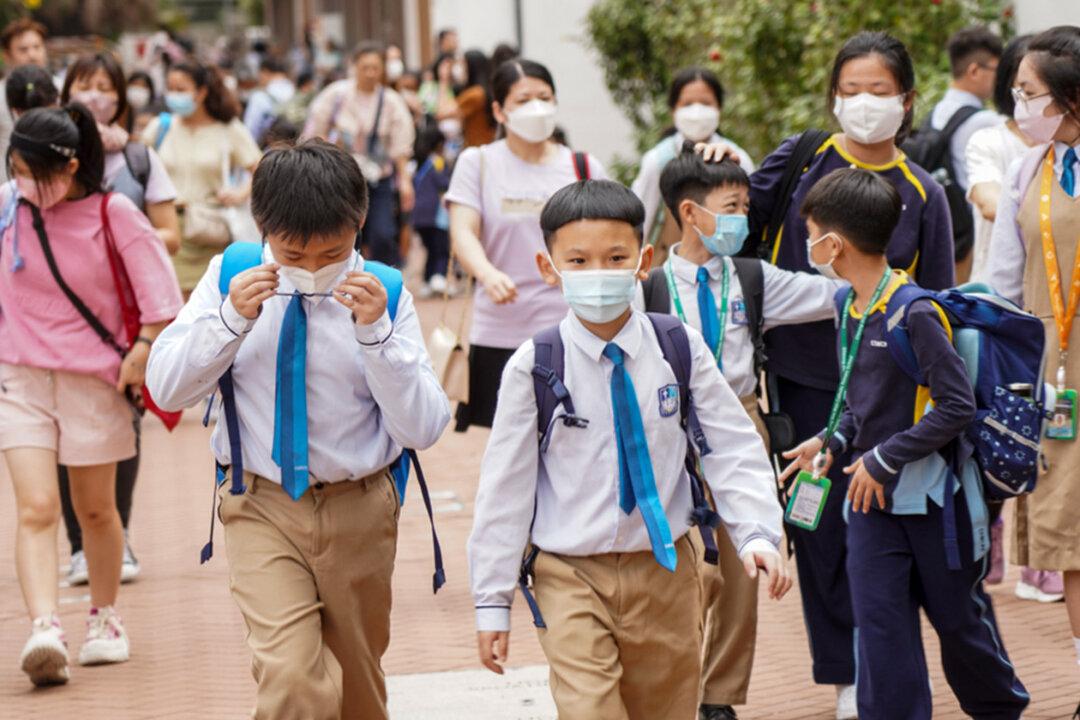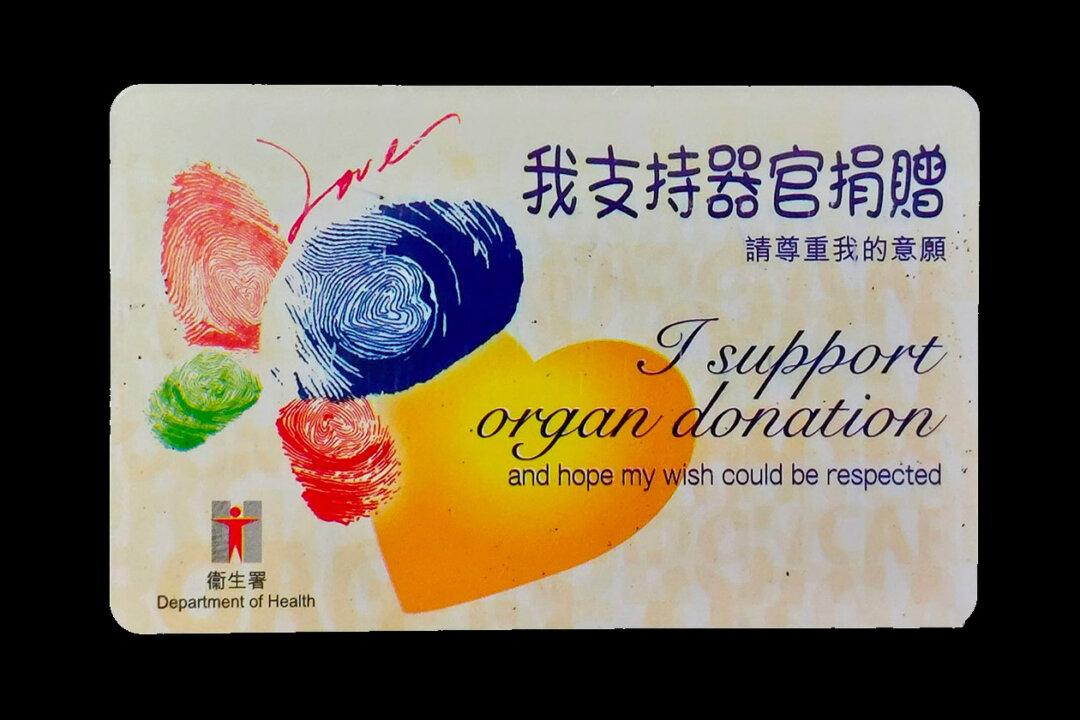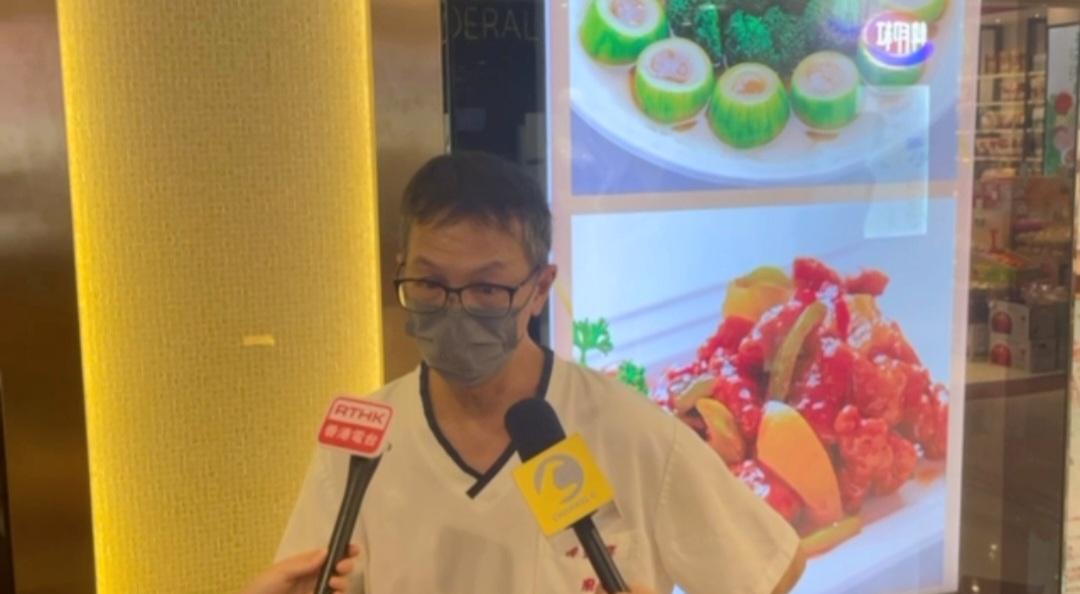Former Vice-Chairman of the Hong Kong Alliance in Support of Patriotic Democratic Movements of China, Albert Ho Chun-yan, has been arrested by the national security police for allegedly obstructing justice during his bail while charged with “incitement to subvert state power.” The Office of the UN High Commissioner for Human Rights has expressed great concern regarding this incident and the ongoing case under the Hong Kong National Security Law (NSL).
On March 28, the Office of the UN High Commissioner for Human Rights tweeted that it was closely following the ongoing case of the NSL with great concern. They specifically mentioned Ho Chun-yan, detained in March, and urged authorities to release him for urgent medical treatment.
This tweet coincided with the 33rd day of the trial of the 47 pro-democracy activists charged with “conspiracy to subvert state power,” where the second prosecution witness, Chiu Ka-yin, was initially scheduled to testify. However, due to one of the judges, Chan Chung-hing, falling ill, the trial was postponed until March 29.
It has been reported that Ho was detained in the high-security Stanley Prison after his bail was revoked. According to reports from Radio France Internationale, Ho was mainly held in solitary confinement, and his condition fluctuated.
UN Human Rights Commissioner Uneasy about Hong Kong National Security Law
The Office of the UN High Commissioner for Human Rights has closely monitored the NSL, and in his first speech to the UN Human Rights Council in Geneva on March 7, Volker Turk, who was appointed as the UN High Commissioner for Human Rights in October 2022, expressed concern about the human rights of ethnic minorities such as Uighurs and Tibetans by the Chinese Communist Party. He was also worried about the increasing restriction of civic space, including the arbitrary detention of human rights defenders and lawyers. While calling for action from Beijing, he also expressed concern about the impact of the NSL.When the “47-person case” commenced in February 2023, Turk said it was crucial to abide by international human rights law, especially the International Covenant on Civil and Political Rights. He reposted the deliberation of the UN Human Rights Committee’s call for the Hong Kong government to abolish the NSL and the crime of incitement.
On July 27, 2022, the UN Human Rights Committee issued a review report on the implementation of the International Covenant on Civil and Political Rights by the Hong Kong government, criticizing the arrest of over 200 citizens, as well as the dissolution of labor unions and student unions since the implementation of the NSL in 2020. The Committee urged the Hong Kong government to abolish the NSL.
‘National Security Law’ Repeatedly Criticized for Violating Human Rights
In October 2022, seven members of the social organization “Glory to Hong Kong” were found guilty of “conspiring to incite subversion of state power,” the first time minors had been convicted under the NSL in Hong Kong. Among them, five defendants under 21 were sentenced to reeducation through labor. Ravina Shamdasani, the United Nations High Commissioner for Human Rights spokesperson, expressed shock at the verdict.At that time, she pointed out that although the United Nations Human Rights Committee had explicitly recommended in July that the Hong Kong government abolish the NSL. The committee regretted seeing that the law was still being applied in Hong Kong, including targeting children. She reminded the Hong Kong government that its judicial and law enforcement should be in line with the obligations set forth in international human rights law.
In October 2021, the Office of the United Nations High Commissioner for Human Rights issued a statement saying that several United Nations human rights experts expressed deep concern over the detention of the vice-chairman of the Hong Kong Alliance in Support of Patriotic Democratic Movements in China in September 2021 and urged the authorities to refrain from using the NSL and to review its application. At that time, the vice-chairman was accused of “inciting subversion of state power.” The experts pointed out that such sedition charges were improperly stifling basic rights protected by international law, including the right to freedom of speech, peaceful assembly, and participation in public affairs.
They were also concerned about the definition of “foreign agents” under the National Security Law. They believed that such regulatory measures improperly restricted and punished recipients of foreign funds, infringing on the right to freedom of association and other human rights. The NSL in Hong Kong fundamentally contradicted international law and China’s human rights obligations.
Before the Communist Party of China imposed the NSL, she said she was closely monitoring the National People’s Congress’s review of the draft of the law and believed that any laws in Hong Kong and their implementation must fully comply with China’s human rights obligations and respect the relevant provisions of the International Covenant on Civil and Political Rights and the International Covenant on Economic, Social and Cultural Rights applicable to Hong Kong.
She also pointed out at that time that any law related to national security should have a clear scope and definition and only allow strict and necessary restrictions on human rights.
Meaningful legislative and judicial supervision should be implemented for the enforcement of such laws. She further stated that “such laws must never be used to suppress people who exercise their rights.”




